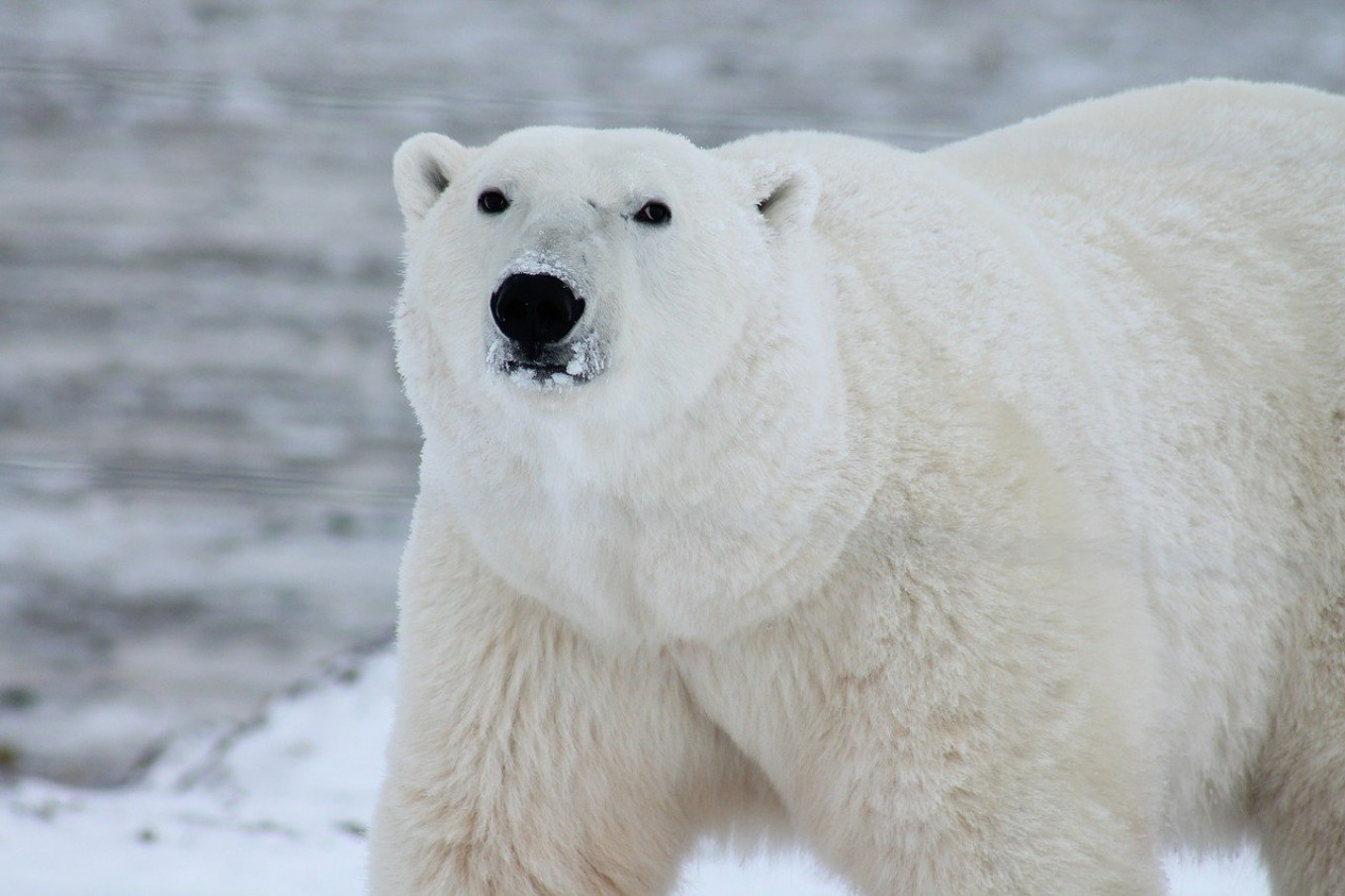
Polar bears are being forced to adapt to a land-based diet as their hunting grounds in the rapidly melting Arctic shrink, Russian scientists said Friday on the eve of International Polar Bear Day.
Polar bears have been forced south by rising temperatures and melting ice cover, limiting their ability to hunt seals and walruses and increasing encounters with human settlements.
Researchers have in recent years observed fewer malnourished polar bears than previously recorded, said Ilya Mordvintsev of the Russian Academy of Sciences.
“Their behavior suggests that they are finding ways to adapt onshore,” Interfax quoted Mordvintsev, a senior researcher at the Academy’s Severtsov Institute of Ecology and Evolution, as saying.
Polar bears are growing bulkier because they have begun to actively catch fish, oxen and geese, said Alexander Gruzdev, who heads the Wrangel Island Nature Reserve in the remote Chukotka autonomous district that is home to some 800 polar bears.
“When there was a large number of lemmings, the bears dug through the entire tundra digging them out and waiting out the ice-free period,” Interfax quoted Gruzdev as saying.
Mordvintsev said scientists are unable to calculate the current polar bear population due to the Arctic’s vast size and inaccessibility, the state-run TASS news agency reported.
Russia’s Natural Resources and Environment Ministry plans to carry out regional polar bear population counts and combine the data in 2024, according to TASS.
Polar bears, with a global population of up to 30,000, are listed by the World Wildlife Foundation as vulnerable and are listed in Russia’s Red Book of rare and endangered species.